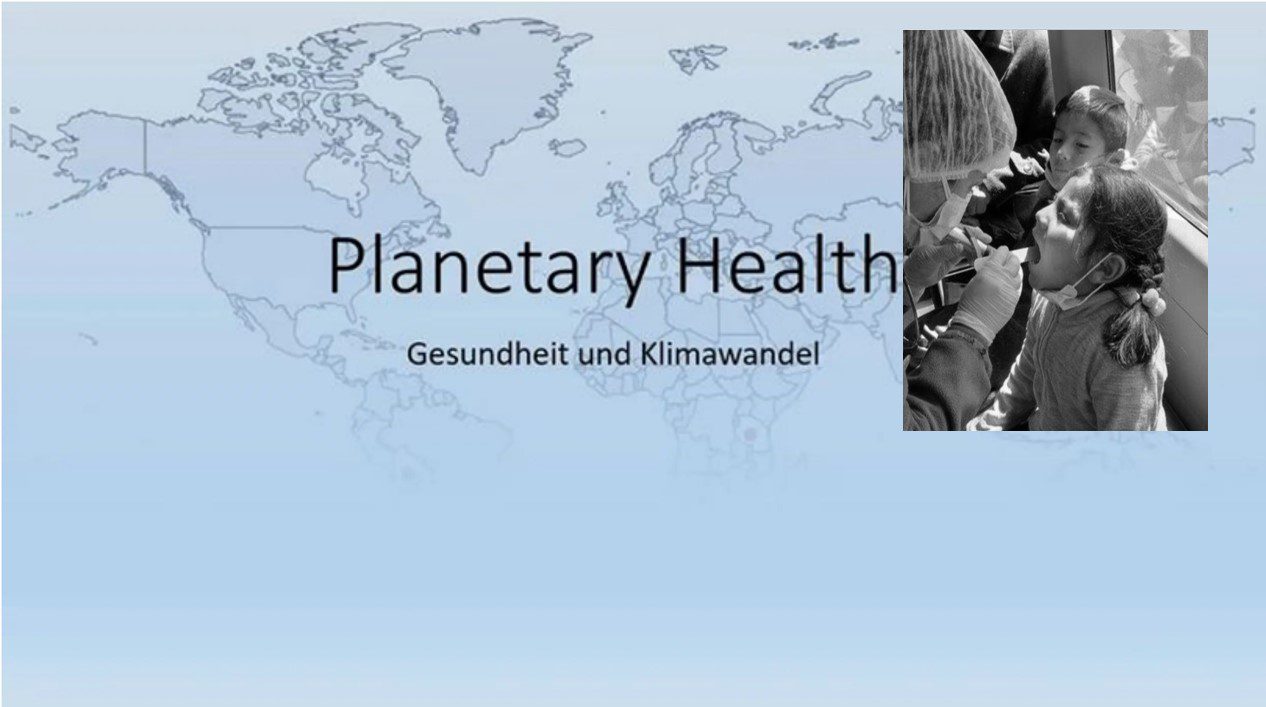'Sssssssssssssss' - everyone knows that monotonous whirring sound as a bright lamp shines in your face: It was supposed to be just a check-up appointment at the dentist, but of course he's found another cavity. Annoying! We can count ourselves lucky that such check-ups are carried out as standard in our country: In many countries around the world, this is not at all common, or is associated with high costs. However, failure to treat caries can have very unpleasant consequences and, in the worst case, lead to the loss of the tooth. A smile with beautiful white teeth is therefore a rarity in many places.
In fact, periodontitis and tooth decay are among the most common chronic diseases worldwide. Periodontitis is an inflammation of the gums. Current changes in living conditions are leading to an increase in the frequency and severity of this disease. Why? Firstly, the increased consumption of sugary foods has a negative impact on our dental health, and secondly, climate change has a direct effect on our body's immune system, which is weakened as a result. If it is already stressed, it has fewer 'resources' to fight the inflammation in the gums.
In addition, changes in tooth structure have already been documented as a result of changing environmental influences. Tooth enamel is particularly affected. It is the hardest substance in our body and prevents bacteria and germs from penetrating the inside of the tooth unhindered.
Dental health is therefore more important than ever before, which is why today's Tag dental health is of particular importance. This 2022, the motto is 'Healthy starts in the mouth - in nurseries and schools'. In Germany, 80 percent of 12-year-olds are caries-free. This international record is no coincidence. National prevention programs for children and young people have made a decisive contribution to this. In most countries of the world, however, tooth decay is much more widespread. It is particularly bad in less developed regions: More than half of the population in the highlands of Bolivia, for example, do not brush their teeth at all. There are hardly any health facilities in these remote areas. Almost all schoolchildren there therefore suffer from tooth decay, often associated with severe pain and infections. Treatments are very expensive and unaffordable for most families - not to mention preventive check-ups.
With our Street Doctors in La Paz, we enable at least some of the children and young people to receive free treatment to relieve them of their pain. We also regularly visit schools and hold courses and demonstrations on proper dental care. We also have a similar program on our floating clinic in the Irrawaddy Delta in Myanmar.
We are happy about every little child's teeth that we can preserve and about every smile that flashes white teeth at us.



